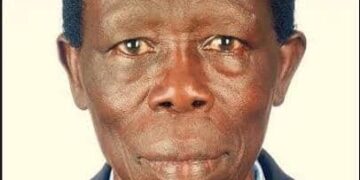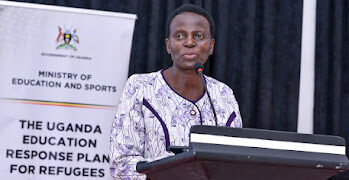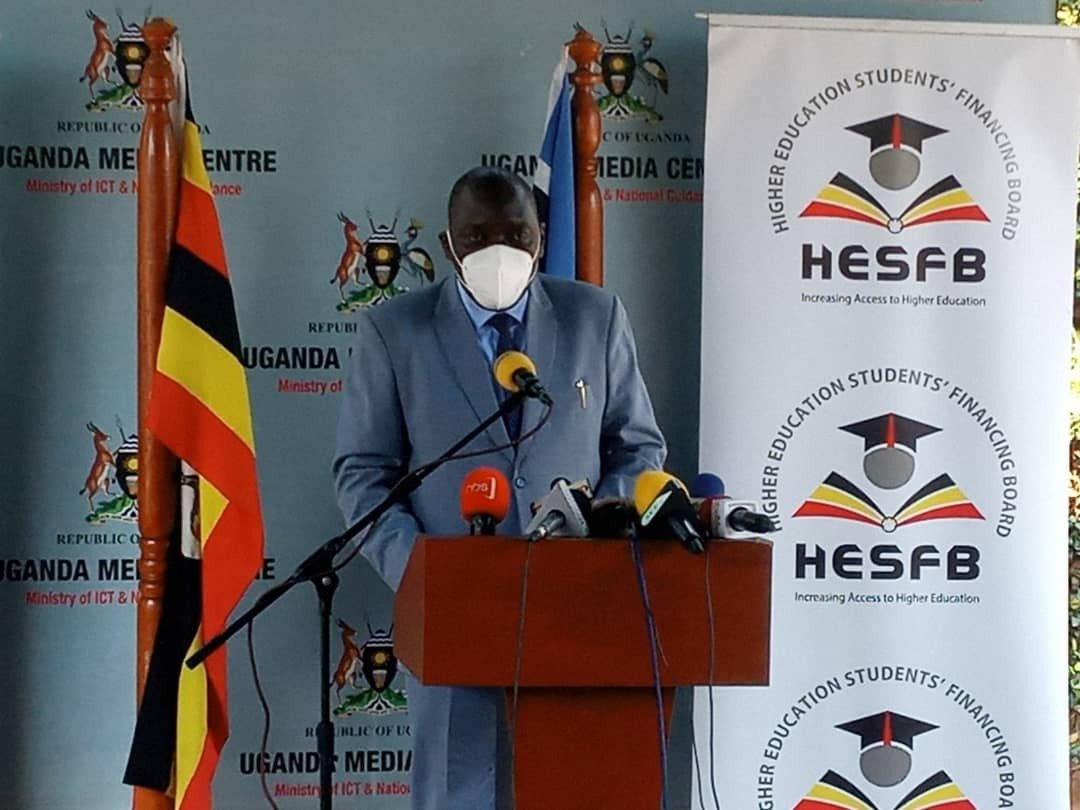The minister for health Dr. Jane Ruth Aceng has attributed the turn-around in COVID-19 results as witnessed recently in Uganda, to management errors during handling of samples.
Dr Aceng also said such discrepancies in laboratory results are not uncommon in lab management and therefore have no effect on other tests that has been conducted.
The minister made the clarification during a nation update on the ministry’s progress in the fight against COVID-19 in Uganda, which was aired live on UBC on Saturday.
“Errors in handling test samples are not uncommon in laboratory management and that’s why a provision is available for second and third parties to do confirmatory tests on the same samples if need arises.” Dr Aceng said.
She highlighted a number of factors that can lead to such errors in results both during collection and handling of samples, during sample analysis and post analytic errors where recording and interpretation of findings is done.
This follows an incident between the 3rd and 4th of June 2020, when results for 9 samples analyzed from a laboratory at Makerere University College of Heatlth Sciences initially confirmed positive tests for COVID-19, but later the same samples turned out to be negative.
Dr Aceng noted that this particular turn-around in COVID-19 results was due to a routine quality assurance procedure which was undertaken at Uganda Virus Research Institute (UVRI).
She said UVRI functions as the center of quality assurance for COVID-19 testing in Uganda where samples from complimentary laboratories across the country are reassessed. She said the turn-around does not affect other results.
“We would like to re-assure the public that this was an isolated error which does not affect all other tests that have been conducted since quality assurance is an integral part of laboratory testing.” Dr Aceng said
She said the 9 cases have been discounted from statistics of COVID-19 in Uganda leaving the tally of total confirmed cases at 685.
Minister Aceng said the incident came up as a result of governments efforts to scale up its testing capacity through which several laboratories including Makerere College of Health Sciences was identified to compliment the few testing centers which were available at the time of COVID-19 outbreak.
Following the incident however, Dr. Aceng says frequent quality control procedures, increase in number of personnel in labs to match the workload, continuous training of lad staff, regular calibration and maintenance of equipment and freq validation of reagents in machines have been intensified.
She said MOH acknowledges the role played and professionalism exhibited by Makerere University in handling their duties.
Dr. Aceng also reported that Uganda has 560 active cases on admission in 14 health facilities across the country, of whom, 496 are nationals while 64 are foreigners. 199 recoveries have been recorded in Uganda with no death yet.
MOH said COVID-19 has so far spread to 33 districts of Uganda including Amuru, Adjumani, Buikwe, Yumbe, Arua, Kumi, Tororo, Busia, Kayunga, Kapala, Mukono, Masindi, Buliisa, Kyankwanzi, Rakai, Mbarara, Rakai, Kyotera , Wakiso, Gulu, Koboko, Mayuge, Mukono, Nakaseke, Masindi, Ggomba, Ntungamo, Soroti, Moyo, Gulu Kitgum, Busia, Mayuge, Jinja, Kiryandongo, Kyankwanzi, Isingiro, Lira and Buvuma.









































